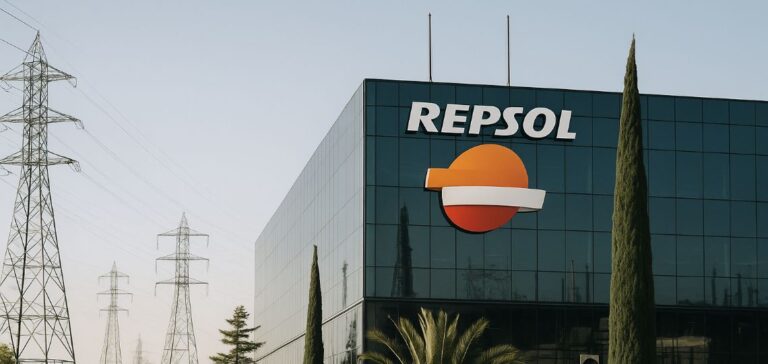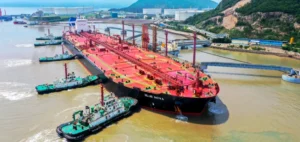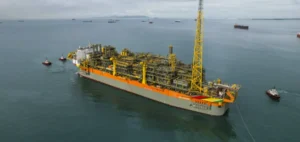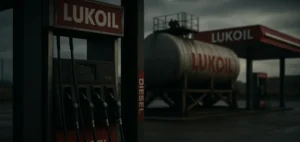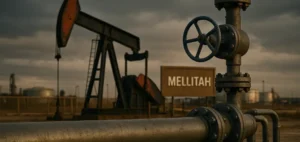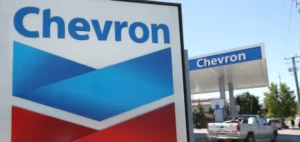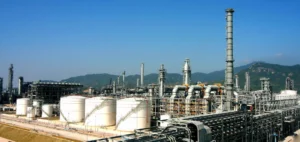Spanish oil group Repsol reported a net profit of €366mn ($392mn) in the first quarter of the year, compared with €969mn ($1.04bn) during the same period in 2024, representing a 62% decline, according to results published by the company on April 30. Adjusted profit, the key indicator used by investors to assess operational performance, reached €651mn ($697mn), down nearly 49% year-on-year.
Margins under pressure amid instability
The drop occurred in a context of ongoing oil price volatility and weakened refining margins, largely due to geopolitical tensions and protectionist pressures. “The geopolitical context, volatility, lower crude oil prices and reduced refining and chemical margins affected the quarter’s performance,” Repsol stated in a press release. The group also suffered an 8.5% contraction in crude oil production during the period, averaging 540,000 barrels per day.
Market reaction and international context
On the Madrid Stock Exchange, Repsol’s share price fell nearly 2% during the morning session, in a broader market downturn of 1.27%. This development is consistent with the performance of several other companies in the sector, whose quarterly results were also affected by the decline in oil prices. Global economic uncertainty, fuelled by a disorderly increase in U.S. tariffs, continues to weigh on growth prospects across the oil industry.
Regulatory pressure on foreign operations
Repsol’s international operations may also be impacted by the U.S. authorities’ decision to revoke licences granted to oil companies operating in Venezuela. This move, which occurred in late March, casts doubt on the continuation of operations that were previously permitted despite sanctions against the Nicolás Maduro government. Repsol Chief Executive Officer Josu Jon Imaz said he intends to work with U.S. authorities to identify “mechanisms” that could allow the company to maintain activities in the country.
Maintaining financial commitments despite performance drop
Despite weaker results and growing uncertainty on several fronts, Repsol confirmed its commitment to sustaining investments and increasing shareholder returns. Earlier this year, the group announced a €16bn to €19bn ($17.1bn to $20.3bn) investment plan through 2027, aimed at broadening the diversification of its asset portfolio. This programme includes initiatives in non-hydrocarbon areas, although these are not positioned as a primary axis of its financial communication.


